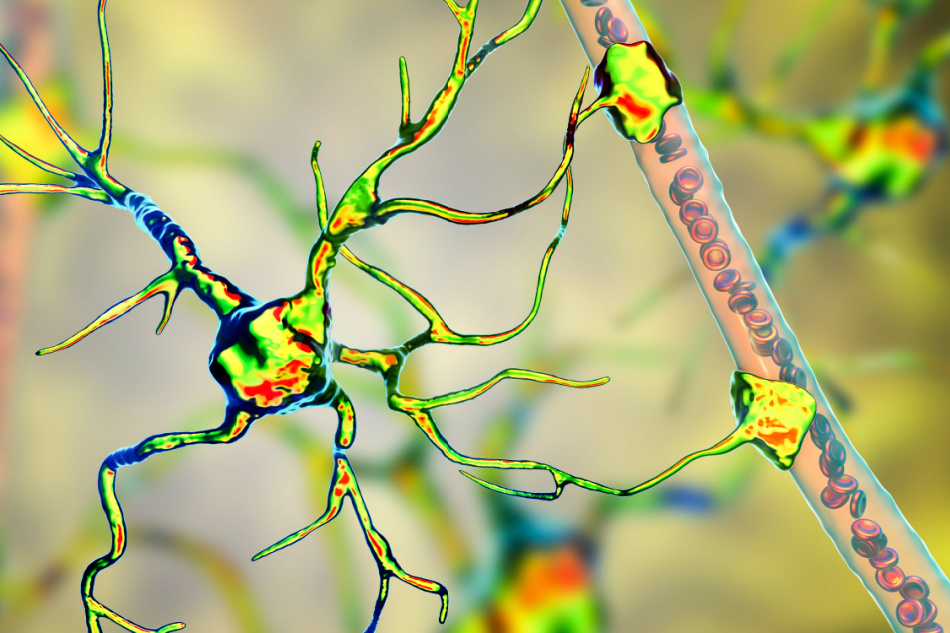Amyotrophic lateral sclerosis (ALS) is a devastating neurological illness with a poor prognosis, but two new trials suggest a brighter future. A team of scientists led by the University of Southern California (USC) discovered a gene and a protein in human cells and live mice that appear to be good therapeutic targets.
Professor Stephen Hawking, one of the most famous people to suffer from ALS, was an oddity; most ALS patients are only expected to live two to five years. The disease gradually destroys motor neurons, diminishing a patient’s muscle power and mobility until they cannot speak, eat, or even breathe.
Current therapies for ALS
Unfortunately, there aren’t many viable therapy choices. As a result, the team set out to look into new pharmacological targets for the treatment of ALS. They began by generating induced pluripotent stem cells from ALS patients, programming them to become motor neurons, and then screening millions of medicines and compounds against them to find ones that may delay disease progression.
The researchers discovered that many effective medications appeared to increase androgen, a class of sex hormones that includes testosterone. However, because those medications have undesirable side effects, the researchers investigated ways to avoid the drug while achieving the same result by modifying specific genes.
What is SYF2?
Using the Connectivity Map database, which links medications to genes and disorders, the scientists discovered a gene named SYF2 that appeared to be responsible. When they inhibited this gene in ALS animals, their neurodegeneration, motor dysfunction, and other symptoms improved.
“What’s really exciting is that SYF2 suppression improved symptoms and pathology related to a protein called TDP-43, which can become toxic and is implicated in close to 97% of cases of ALS,” said Yichen Li, co-first author of the study.
What is PIKFYVE?
A protein called PIKFYVE was identified as the culprit in a second investigation undertaken by some of the same investigators. The scientists used medicines, genetic engineering, and RNA approaches to block the protein in studies on fruit flies, roundworms, mice, and motor neurons produced by human ALS patients.
Once again, the medication reduced neurodegeneration, enhanced motor function, and extended the test subjects’ lives. On closer study, the researchers discovered the mechanism underlying the improvements: lowering PIKFYVE helped neurons move trash to the outside of the cell, preventing hazardous proteins from accumulating.
“We were able to pinpoint precisely how PIKFYVE inhibition mitigates neurodegeneration, which is important for informing the development of new targeted treatments,” said Shu-Ting Hung, co-first author of the study.
While there is still much work to be done before either of these treatments can be tested in humans, it should give patients hope that there are therapy options available.
Source studies:
Cell Stem Cell— SYF2 suppression mitigates neurodegeneration in models of diverse forms of ALS
Cell— PIKFYVE inhibition mitigates disease in models of diverse forms of ALS











